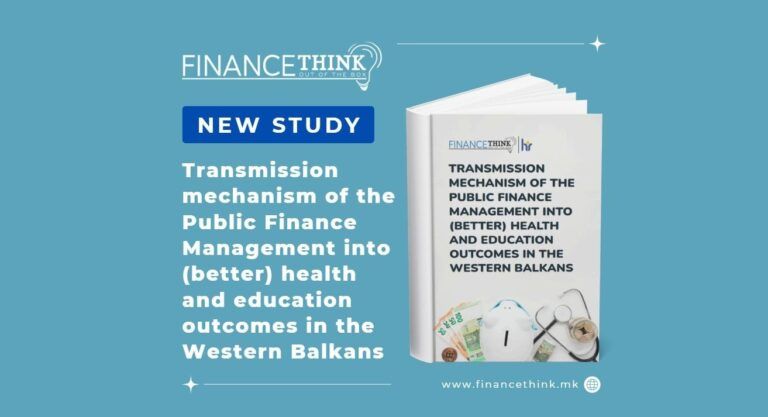Comparison of the Open Balkan and Common Regional Market: What’s new for the regional economic integration in the Western Balkans?
Regional cooperation in the Western Balkans (WB) is supported by the European Union (EU). The process has been perceived as a way to ease tensions and to support reconciliation in the region. The economic dimension of the WB cooperation has always been at the core of this process. The WB has enlarged and modernised the Central European Free Trade Agreement (CEFTA) in 2006 enabling tariff free trade between the countries in the region. CEFTA was to prepare the countries for their future EU membership by facilitating regional market integration following EU Single Market acquis. Nonetheless, numerous barriers remain between the WB markets. The European Commission (EC) considers that none of the countries in the WB is a functioning market economy nor is ready to cope with the competitive pressure and market forces in the EU.
The slow pace in reforms and enlargement fatigue has brought the EU accession process for these countries to a standstill. However, two initiatives have been up and running that fill in that void: The Common Regional Market (CRM) as a successor of Regional Economic Area (REA) on one side, and the Open Balkan (OB) on the other. Both initiatives seek to further integrate markets through liberalisation and policy coordination, rebooting reforms, and accelerating regional integration in the WB as ways to prepare the countries for EU membership. A major difference between the initiatives is the local support and participation – all Western Balkan countries (WB6) have committed to participate in both REA and CRM, while only Albania, Serbia and North Macedonia are part of the OB.
The premise that “every regional integration initiative is a good initiative” has kept both processes going. This approach has not been challenged so far. The need to have them both run in parallel for a region as small as the WB is questionable. In this brief we address several concerns and we compare both agendas and assess how different the Open Balkan is from the REA/CRM and look at the originality it brings. Furthermore, we provide a look at the advantages and deficiencies in their implementation compared to one another, and the implications of having both initiatives being run in tandem. Lastly, we highlight the limitations of the regional integration initiatives in addressing the underlining problems of the WB economies.
The post Comparison of the Open Balkan and Common Regional Market: What’s new for the regional economic integration in the Western Balkans? appeared first on EPI.


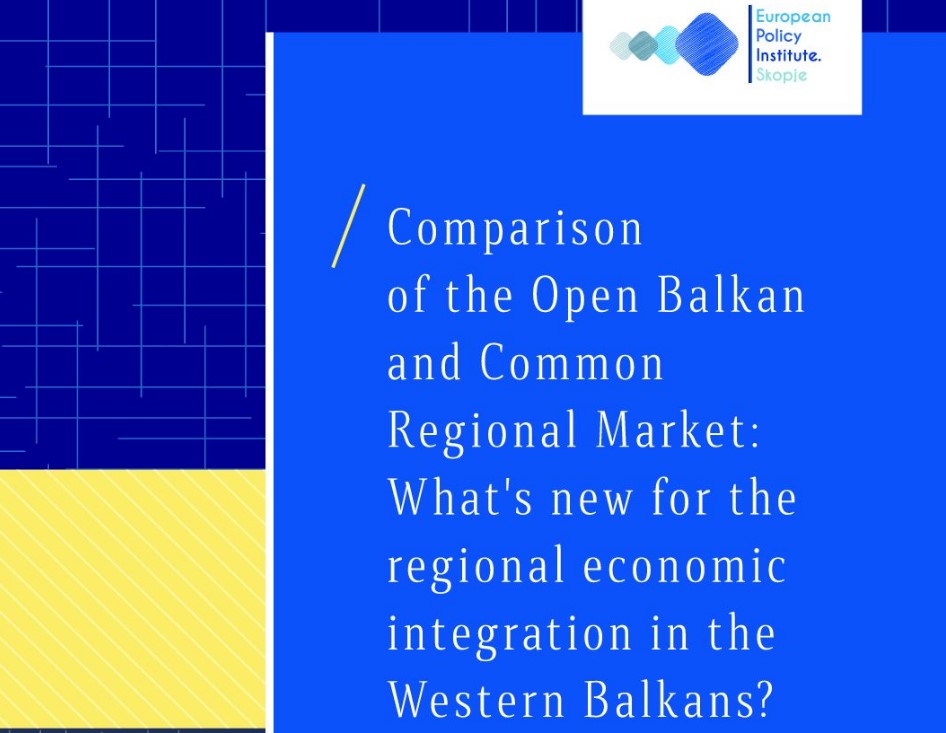
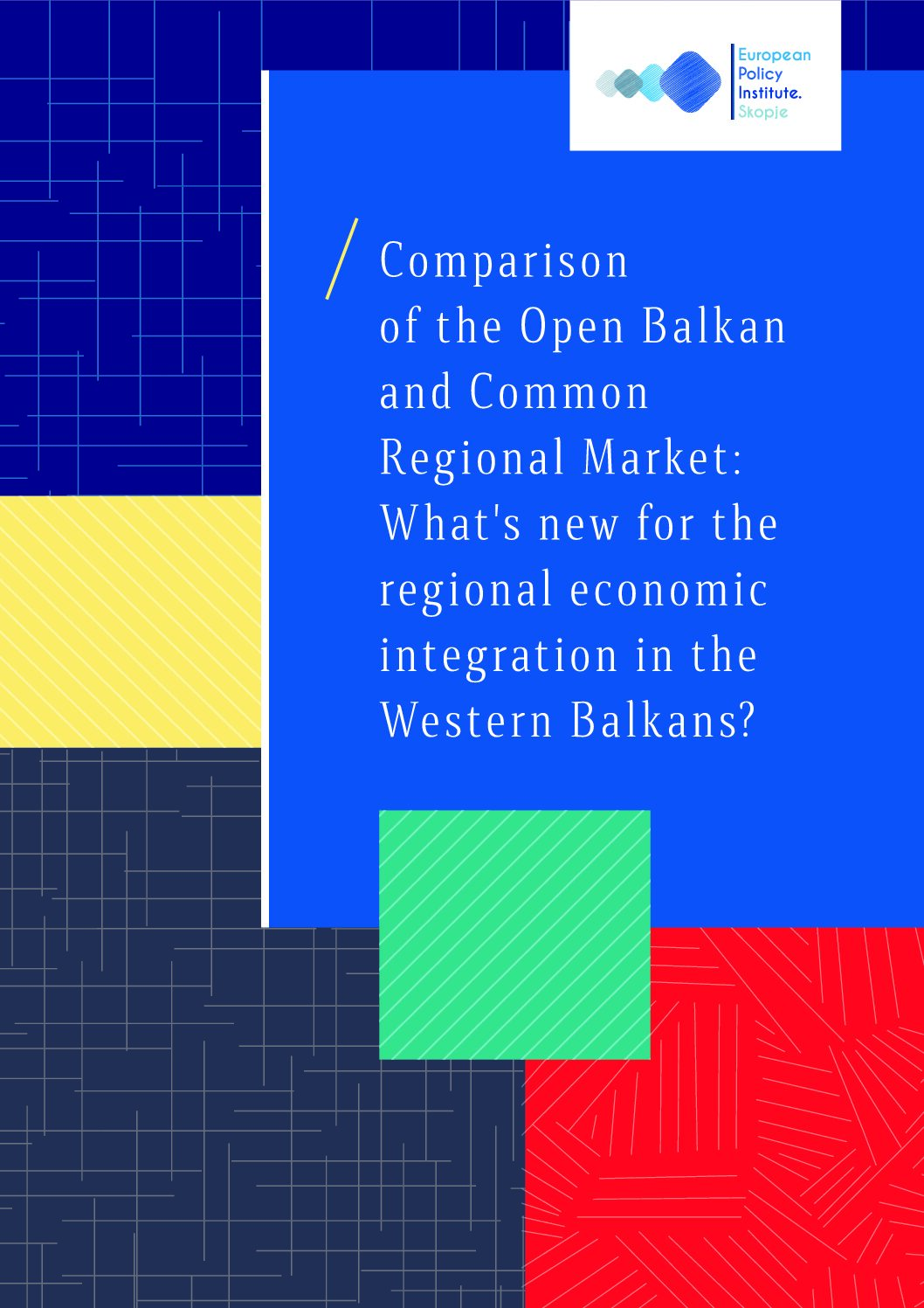
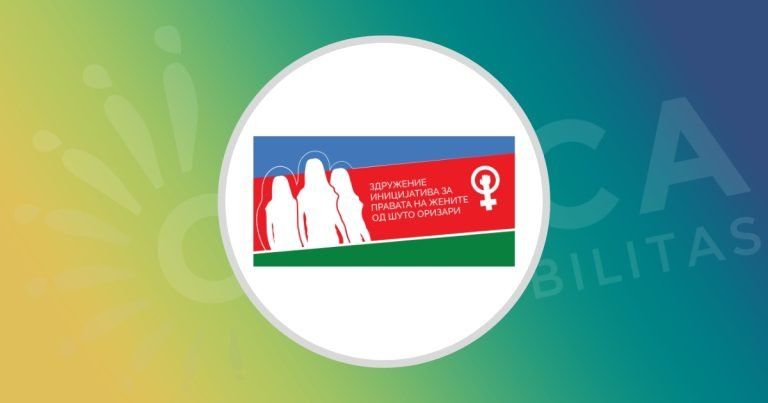
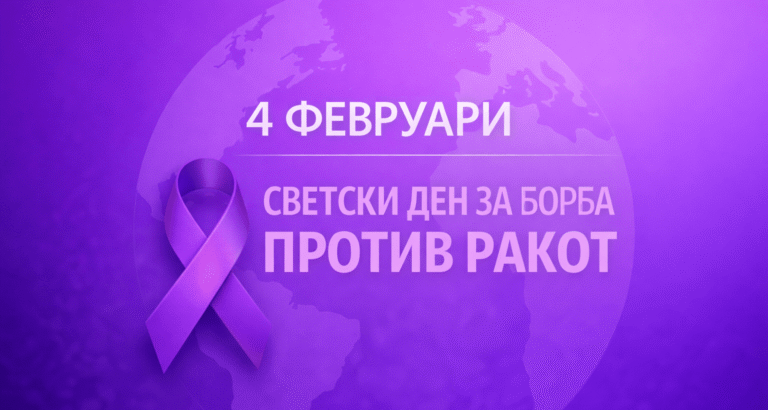
![[Aggregator] Downloaded image for imported item #43795](https://civicamobilitas.mk/wp-content/uploads/2026/01/611149509_1571871173934400_3927165331577291092_n-2-768x512.jpg)


